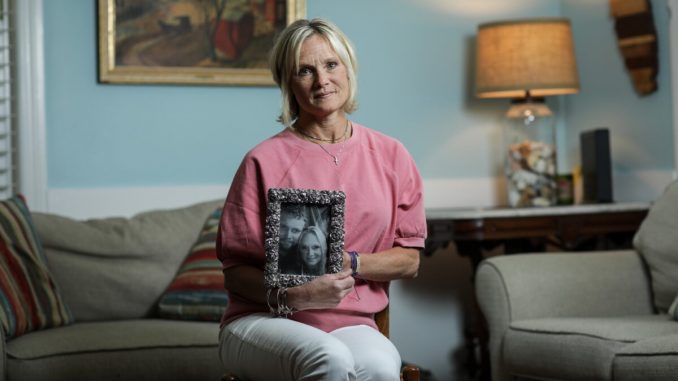
FERNANDINA BEACH, Fla.—Despite her bright smile, a deep pain smoldered behind Michele Holbrook’s eyes. She had experienced one of the most agonizing experiences a mother can have—the loss of her son.
Chandler Cook, a towering young man at 6 feet 5 inches, died in April last year by an accidental overdose at the age of 28. Unbeknownst to him, his street-bought heroin had been spiked with fentanyl—an ultra-potent synthetic opioid of which just 2 to 3 milligrams can kill.
“That’s my son,” Michele told The Epoch Times, pointing to a framed photo of herself and Chandler in her living room. There were even more photos on her bedroom wall, and in a photo album she later brought out.
“I remember that feeling inside of me just wanting to run, run as fast as I can, just to get away—that it was a dream,” she said. Learning of his overdose “was the hardest day I’ve ever had in my life.”
After a shoulder surgery in his teens, Chandler was prescribed OxyContin, a strong opioid prescription pain medication that caused him to become addicted. In the years after, he expanded to heroin and other drugs.
However, he started turning around in early 2020 when he got a job in the restaurant industry following a positive experience at a rehab facility. Michele was overjoyed Chandler was getting up in the mornings daily and going to work—he was finally clean from drugs.
Then the pandemic hit.
Isolation
Like many, Chandler lost his job because of lockdowns imposed in response to the CCP (Chinese Communist Party) virus. He was living alone in his apartment at the time and the isolation ended up taking a heavy toll on his mental health.
“Before the pandemic, he was going to work every day, he was learning to bartend at the restaurant he worked at—they loved him up there,” she said. “He would make you laugh at the drop of a hat.”
Chandler had some level of depression before the pandemic, according to his mother. The lack of a daily structure and steady income because of the shutdowns, just made it worse for him.
“You can’t go anywhere, you’re concerned about seeing your parents, you’re concerned about seeing your loved ones … and he turned back to heroin,” she said. “I think he was honestly trying to numb that feeling of being isolated.”
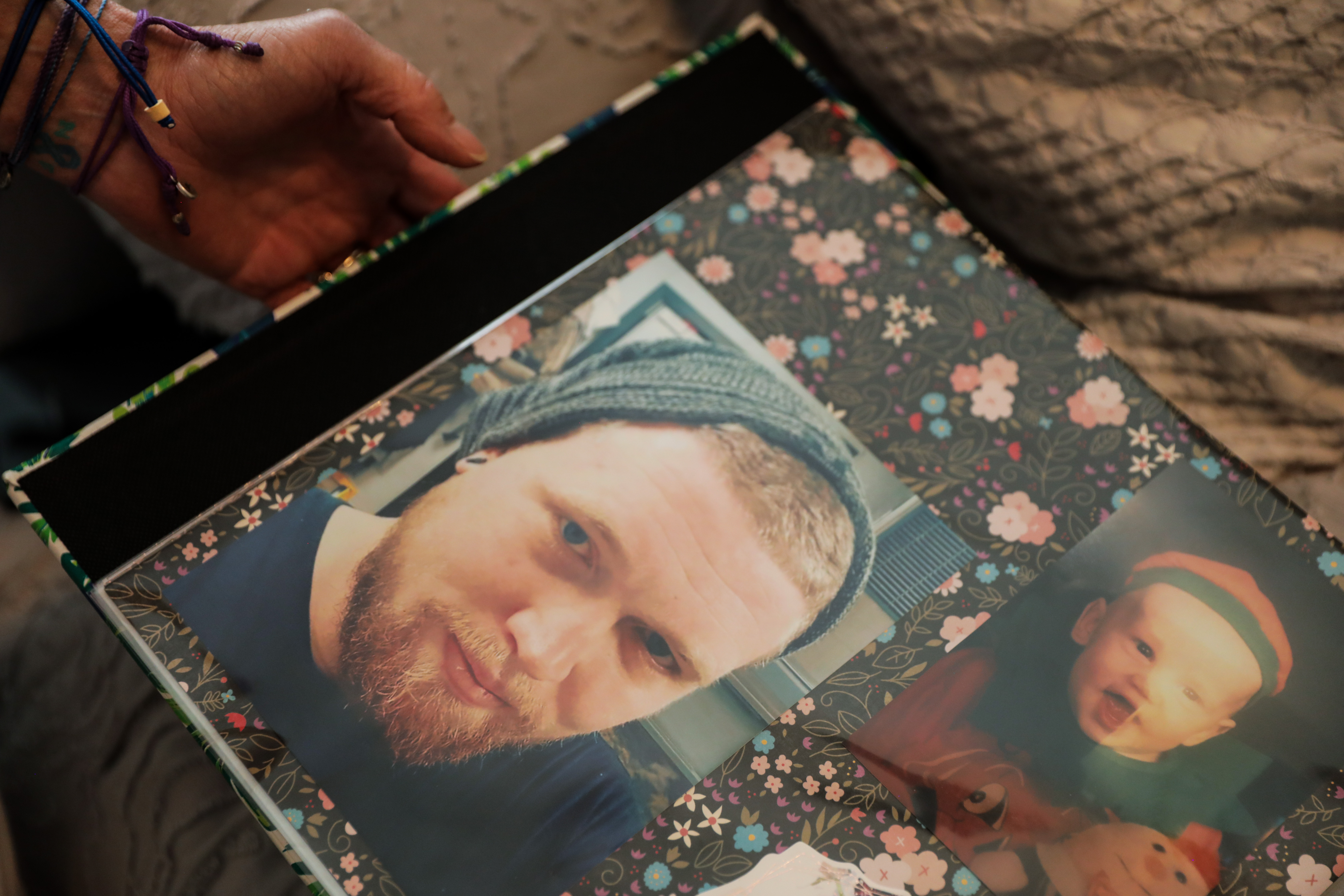
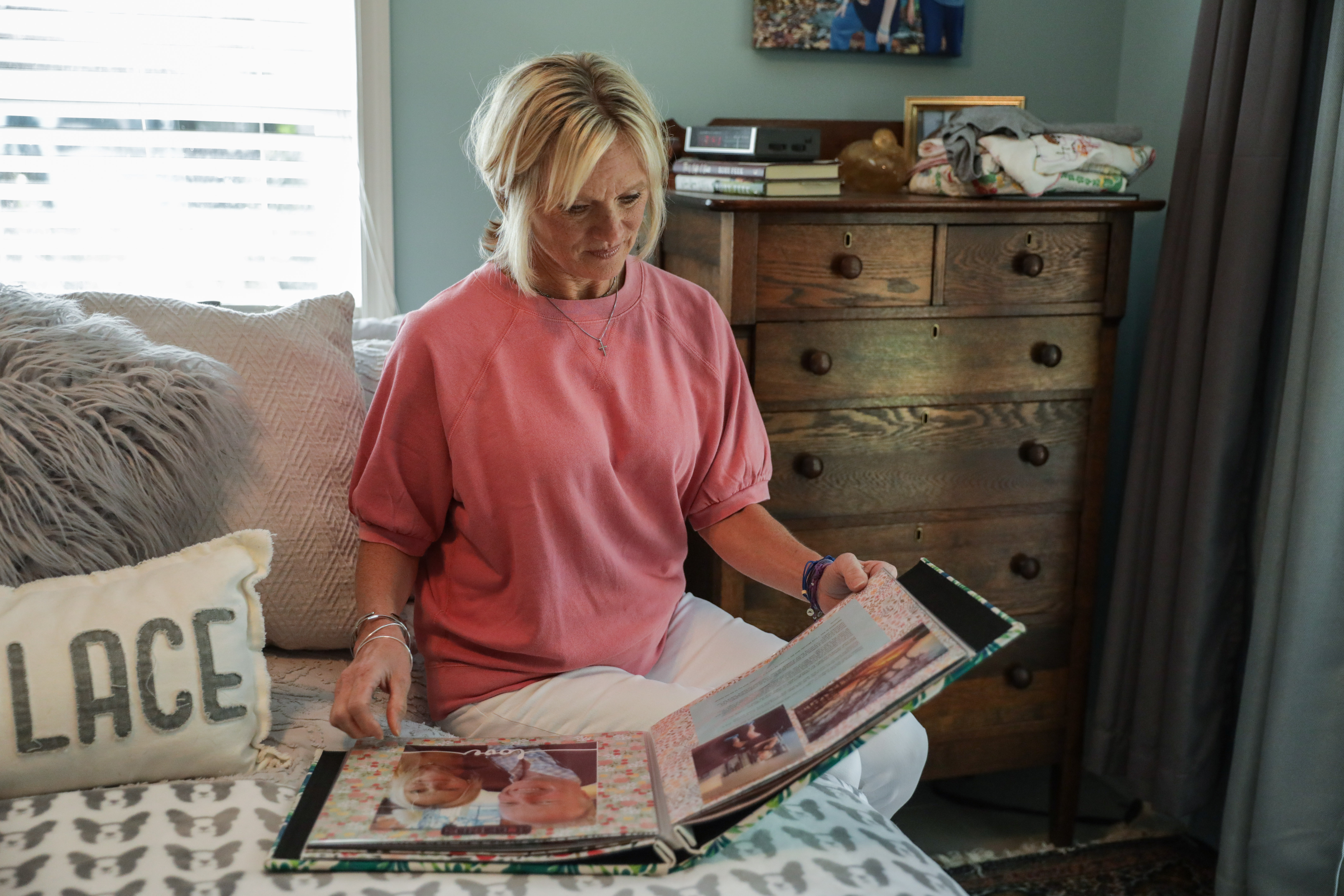
Zoom meetings she said were not helpful for those dealing with addiction, noting how these individuals often don’t have access to computers or the internet. Over 13 percent of respondents in an August survey by the Centers for Disease Control (CDC) said they “started or increased substance use to cope with stress or emotions related to COVID-19,” the disease caused by the CCP virus.
Michele was furious over the fact that liquor stores were deemed “essential businesses” while AA (Alcoholics Anonymous) or NA (Narcotics Anonymous) meetings were not. Those struggling with mental health issues and addiction had nowhere to turn to for help during the pandemic.
“People that don’t understand this disease feel you can just walk away from it at the drop of a hat. And I know you cannot,” she said. “I saw it firsthand with Chandler. He didn’t like it, it wasn’t something he enjoyed.”
Studies and reports have indicated that loneliness especially affects younger people. A national survey conducted in October last year by Harvard University project Making Caring Common found 36 percent of all respondents reported “serious loneliness”—that is, feeling lonely “frequently” or “almost all the time or all the time” in the four weeks prior to the survey.Of those who felt this, a staggering 61 percent were young adults aged between 18 to 25.

As a mother, when your child is hostage to addiction, it is a difficult thing to go through, Michele said, adding that she has learned a lot through this whole process.
“I can tell you, at times his dad and I screamed,” she said. “We cut things out, we wouldn’t give him money—or maybe gave too much money, loved him too much. Because when you’re in the throes of it, you don’t know how to act sometimes.”
Fentanyl
Holbrook wants to warn others of the dangers of opioids, and particularly fentanyl, which is 50 to 100 times more potent than morphine and has spread throughout America like wildfire, causing an overdose epidemic.
“They’re placing fentanyl in these drugs nowadays and it will kill you,” said Holbrook. “I mean it takes a very tiny, tiny amount of fentanyl in your system to kill you immediately.”
Deaths attributed to fentanyl have been rising for years. A 2017 presidential memo, noted that fentanyl is “currently manufactured almost exclusively in China, and it is either shipped into the United States or smuggled across the southern border by drug traffickers.”
China is the “largest source” of illicit fentanyl in the United States, a November 2018 report by the U.S.-China Economic and Security Review Commission stated.
Pharmaceutical fentanyl, meanwhile, has been approved in treating severe pain and is prescribed “in the form of transdermal patches or lozenges and can be diverted for misuse and abuse in the United States,” according to the CDC. But most of the cases of fentanyl-related harm, overdose, and death in the United States are linked to illicit fentanyl sold through illegal drug markets for its heroin-like effect.
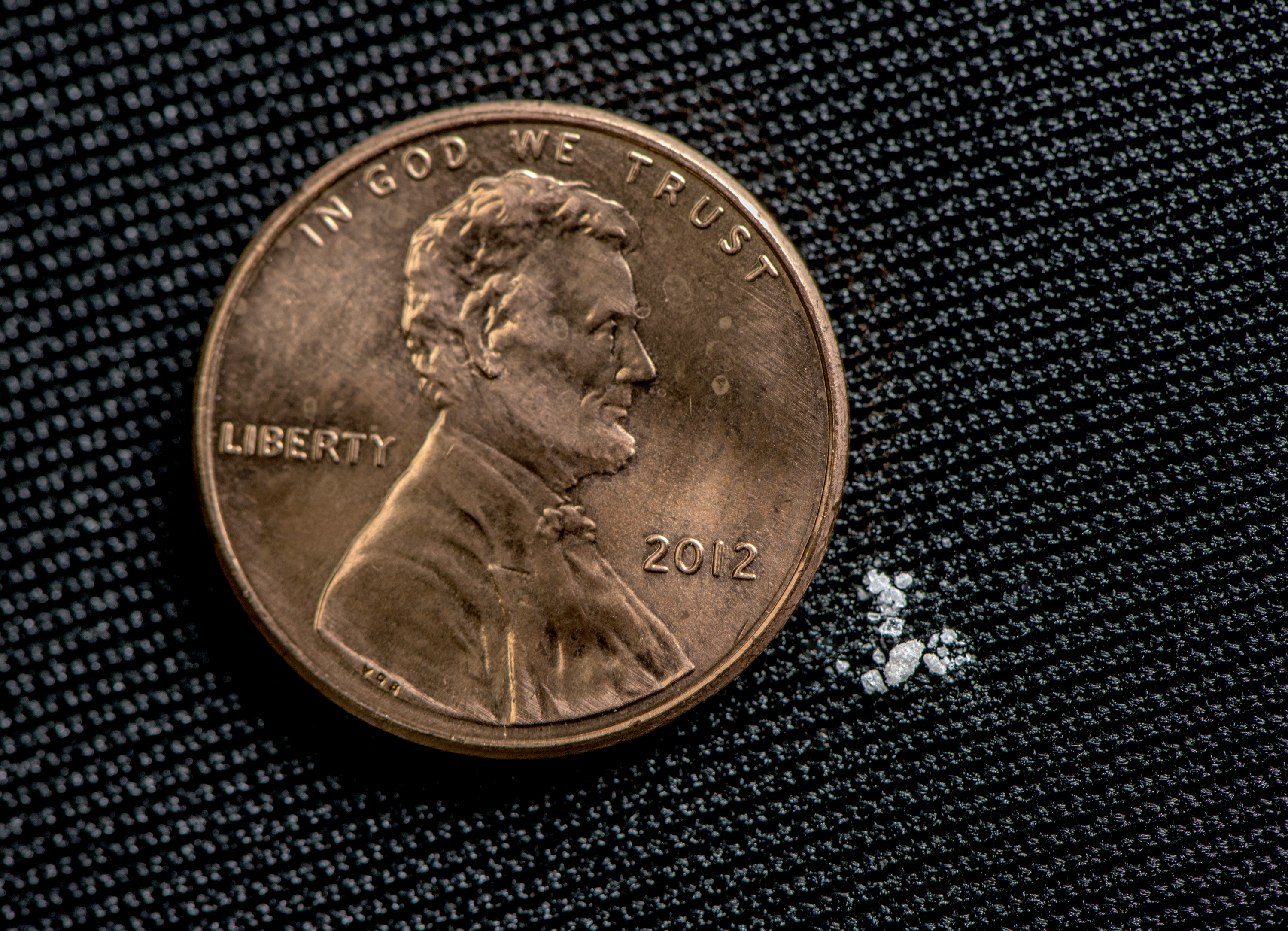

Holbrook said her son was unaware there was fentanyl in his drugs.
“I don’t think he knew that,” she said. “In the heat of the moment he did it not knowing what he had picked up off the street and it killed him. He had fentanyl, cocaine, and heroin in his system [according to] his death certificate when they did the autopsy.”
Fentanyl “is often mixed with heroin and/or cocaine as a combination product—with or without the user’s knowledge—to increase its euphoric effects,” the CDC says.
While Mexico serves as a primary conduit for fentanyl to reach the United States, the purity level of it entering from the southwest border is approximately 7 percent. Yet fentanyl arriving directly from China via express consignment and international mail facilities is nearly 90 percent pure and is far more lethal, according to a 2019 CBP report.
In August last year, the Drug Enforcement Administration (DEA) put out a warning about the sharp increase in overdose deaths connected to fentanyl. Officials warned that other drugs are increasingly being laced with fentanyl.

“This alarming uptick demonstrates that dealers continue cutting various illegal drugs with fentanyl and now more than ever it’s a recipe for death,” said District Attorney Summer Stephan in a statement. “The public needs to be aware of the danger of using any controlled substance even if packaged like a harmless medicinal pill.
“I’m urging you to share this potentially life-saving message with your loved ones today,” Stephan added.
Pain
There is not a day that goes by when Holbrook doesn’t think about her son.
“He knows how much I love him and I miss him every day,” Michelle said. “I miss that smile. I miss not being able to talk to him and I think I struggle with that as a parent, thinking, ‘Oh, I wish I could pick up the phone and call him today. Oh, I wish I heard his voice.’ But one day, I will.”
On some of her most agonizing days, Michele visits a local park and sits on a bench made in memory of her son that her friends had bought, and the city had put up. Children play in front of it on a playground.
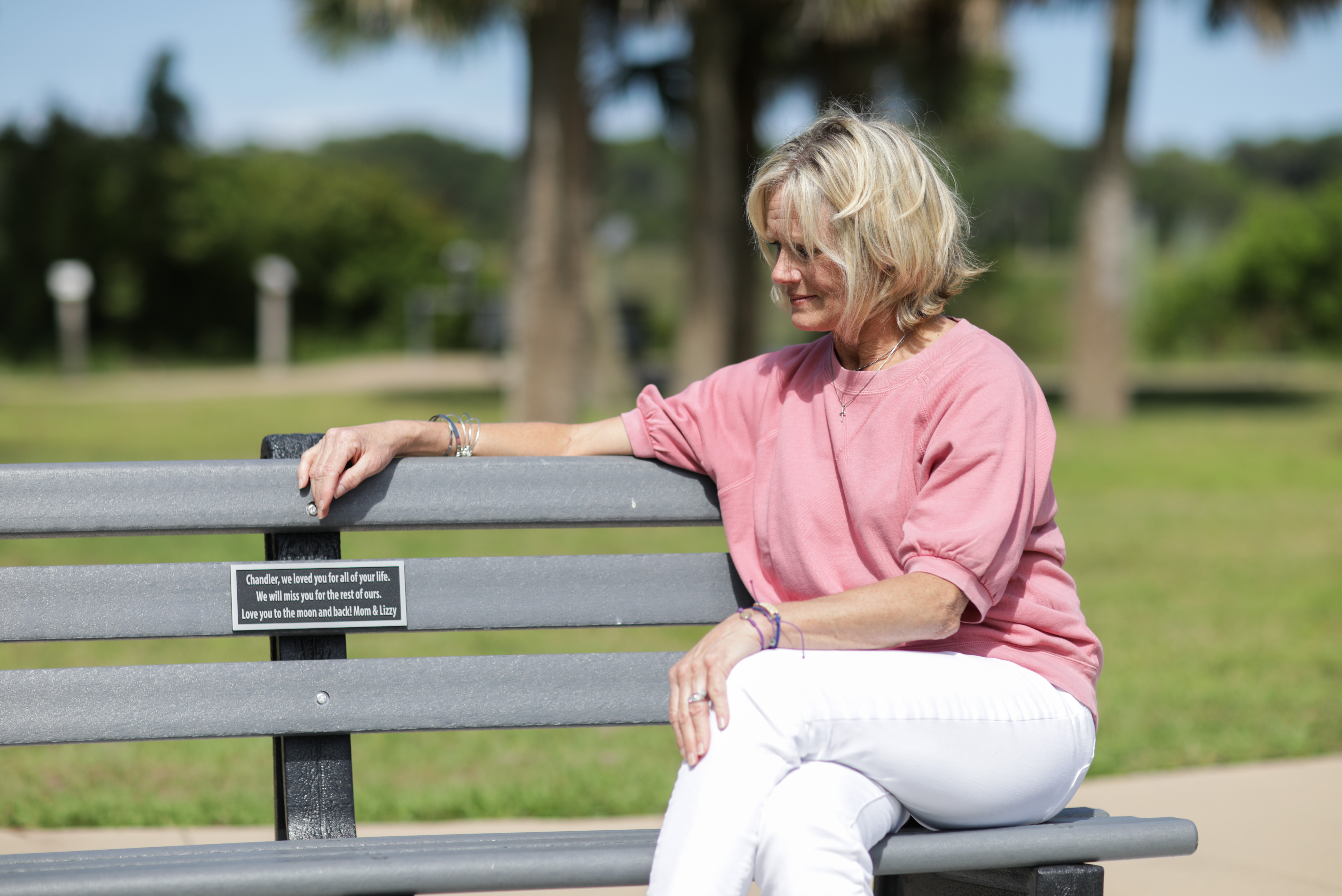
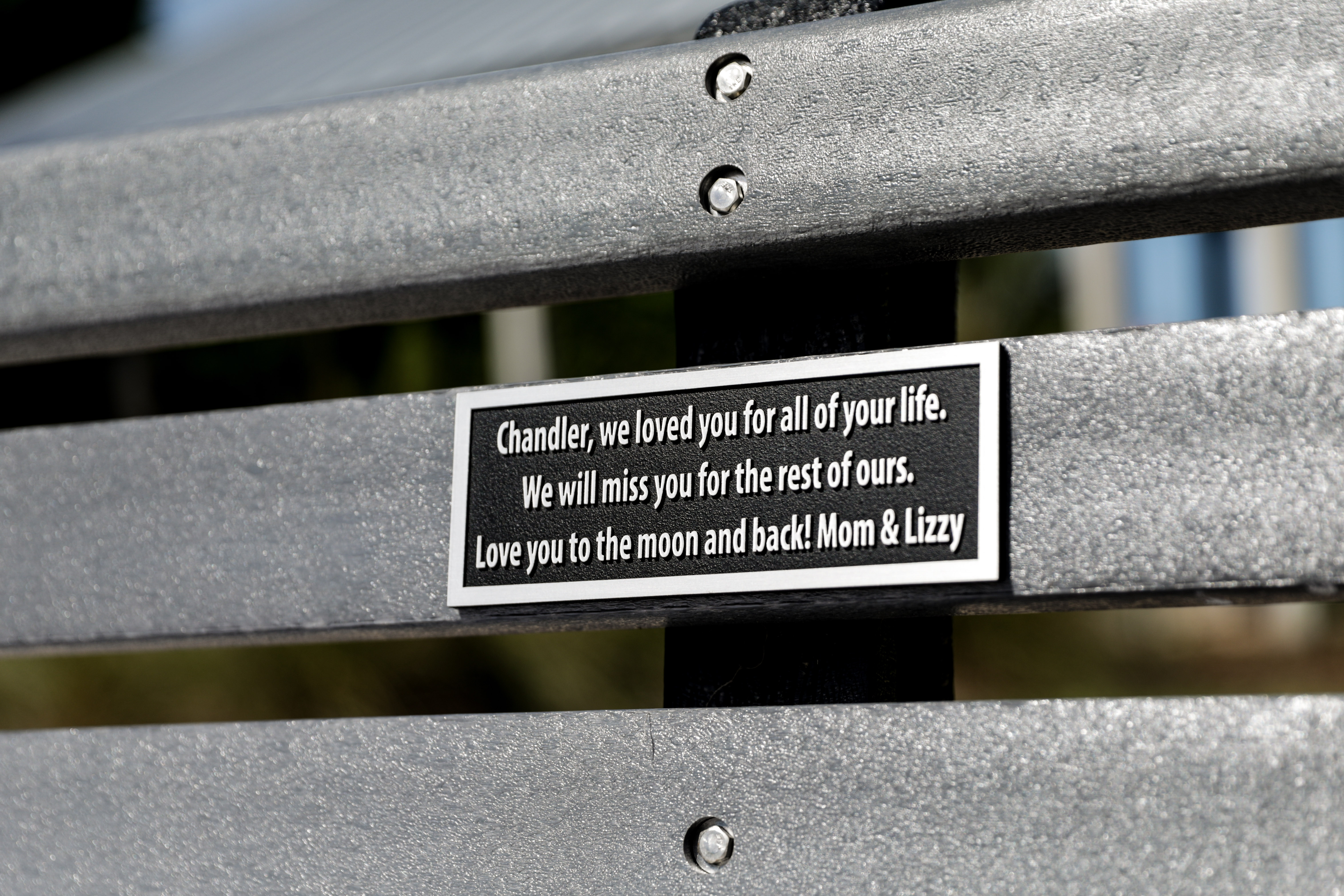
The day he overdosed, Michelle recalls getting a text from a friend of Chandler’s telling her something was wrong. She ran to her car with her husband and drove to Chandler’s apartment, which was located in Jacksonville, Florida. But they were too late.
“I felt like I couldn’t put one step in front of the other,” she said.
Michelle described Chandler as one of the most kind-hearted person she has ever knew, saying that he would give his last $5 if someone needed it and the shirt off his back.
In early 2020, when Chandler got off drugs, his mother interviewed him on camera about his journey, as he was keen to help others struggling with addiction. She recently posted that interview on YouTube.
“He was so passionate about helping others,” she said. “He wanted to help others because, as he states, it’s a step by step [process] and it is a struggle every single day of your life.”
Michele said those struggling with addiction need to push themselves to seek help.
“You can choose to continue to press forward and go and get the help that you need,” she said. “Or you can continue to just stay where you are and then it’s going to do nothing but spiral down.”
“One thing I used to tell Chandler all the time … if you continue to press forward and look forward, you’re going to continue to better yourself. Never look back, because that’s only going to end up hurting you.”
If the government does not put more resources into place to prevent addiction and help those struggling with it, Michele believes there will be another pandemic—an addiction pandemic.
“It’s going to be the death of our young people,” she added.
Michele herself struggles with another pain, she lives with Neurofibromatosis, a rare condition that causes tumors to continuously form on the body’s nerves. Every year she needs surgery to remove them. But what gets her through it is her faith in God, she said.
“I’m very strong in my faith. I love the Lord,” she said. “I can remember one time just thinking, ‘Oh my gosh, I wish I could just get a break sometime,’ and the one thing I remember is God’s going to bless me abundantly.”






Be the first to comment